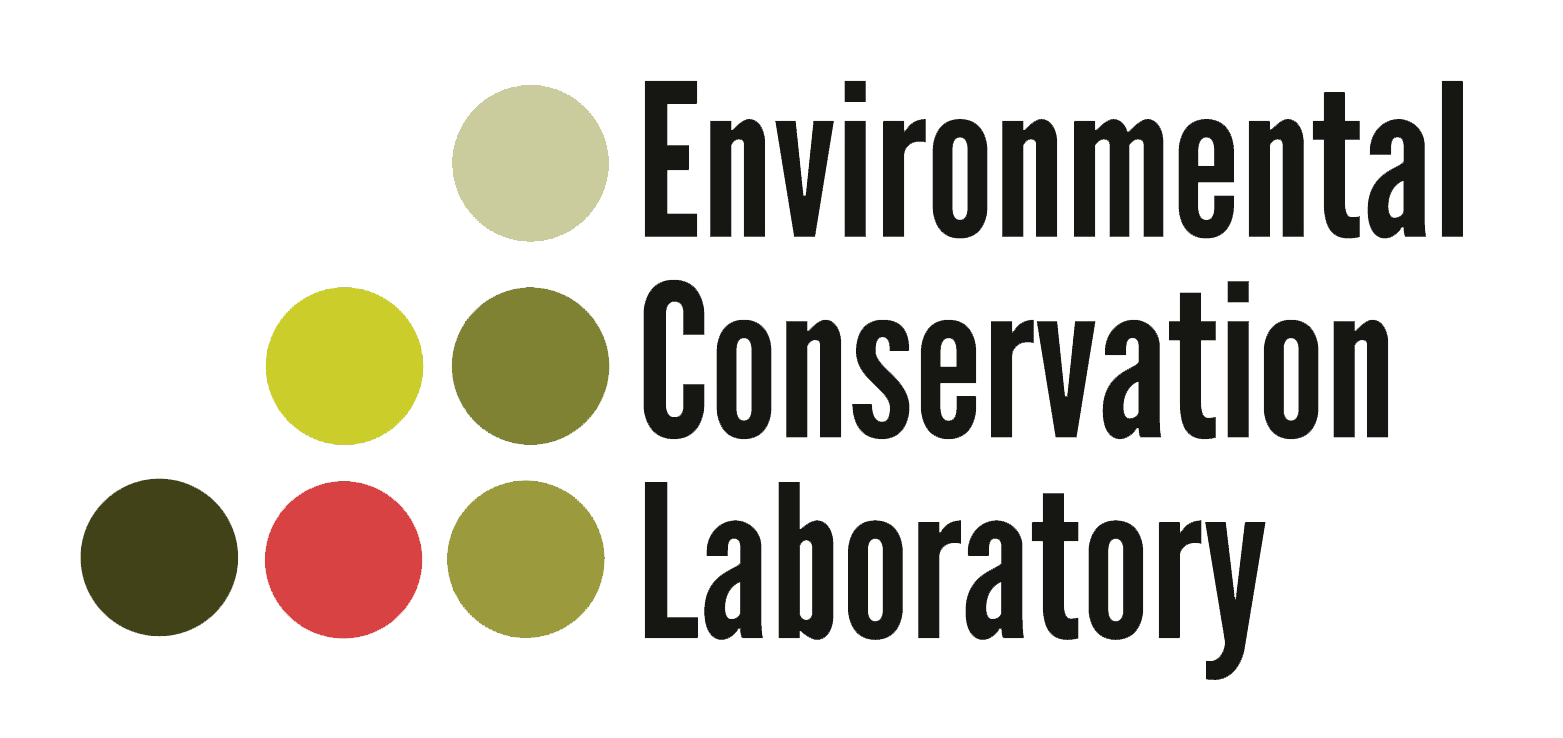Student Profiles
Bobbie Mangeli, ECL Researcher
Bio coming soon
George Carter Mckay, ECL Researcher
George Carter Mckay is from Minegoziibe Anishinabe and Nisichawayasihk Cree Nation. He graduated from high school in 2024 and completed his first year of university in the winter of 2025. George wish’s to become a social worker by the end of his studies at the University of Manitoba, so that he can teach children how to live off of the land. George has always had a strong connection to the outdoors, and through the guidance of Ashley and other staff at the ECL developed a deeper understanding of the water systems that support the fish he catches. This experience has strengthened his relationship with the land and deepened his respect for where his food and resources come from.
Alejandra Pascagasa-Usaquén, ECL Researcher
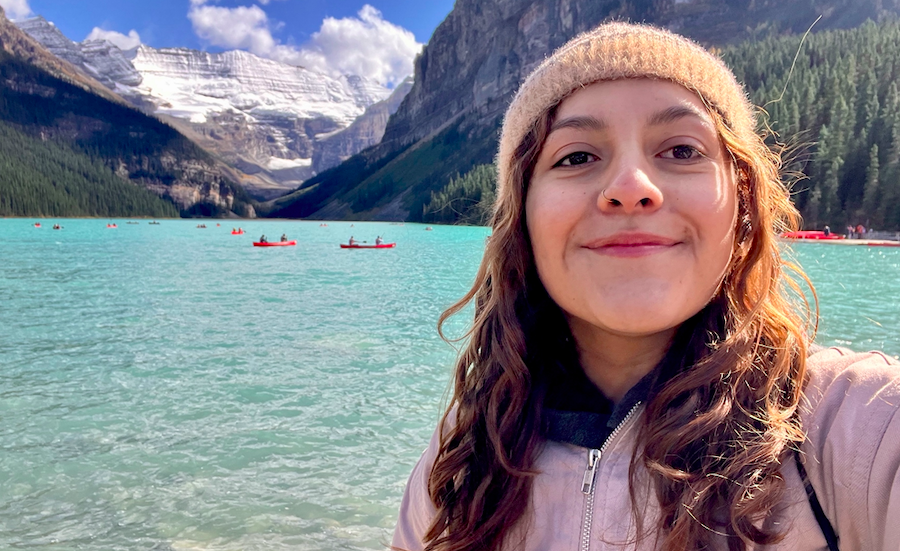
Alejandra Pascagasa-Usaquén is a Colombian master’s student with a background in sociology. Her research interest focuses on activism initiatives in response to the climate crisis, grounded in a strong belief in interdisciplinarity as a pathway to achieving environmental justice.
She is passionate about participatory action research and community-based processes, striving to collaborate on projects that uplift grassroots strategies, local knowledge, and community science while addressing complex environmental challenges.
Learn more about Alejandra Pascagasa-Usaquén
During her journey, she has been an advocate for climate action activism through the arts and knowledge co-production, as well as in social research projects related to territorial peacebuilding, freshwater culture, the blue economy, and public policy—emphasizing the interconnectedness of ecosystems and communities.
In the Environmental Conservation Lab, Alejandra aims to broaden her understanding of physical geography and freshwater systems while continuing to advocate against socioenvironmental injustice
Minket Lepcha, Storyteller, Film Maker & ECL Researcher
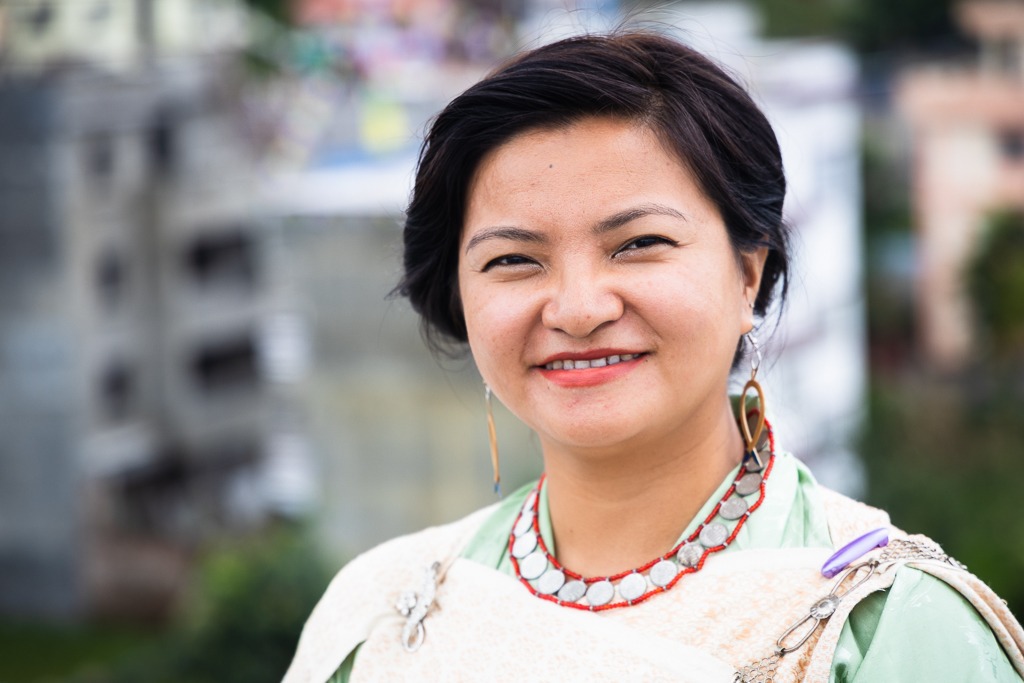
Minket Lepcha is an Indigenous Lepcha woman from a Himalayan region of Darjeeling, India. She has been engaged in documenting and storytelling based on folklore of Darjeeling and Sikkim for the last decade. Minket was awarded the Young Green Filmmaker award in 2016 at the Woodpecker International Film Festival for her film, Voices of Teesta. Having always been inspired by Lepcha folklore and believing that the ecological wisdom is hidden in these stories, she conducts workshops based on the Lepcha folklore in the Global South. Also, Minket and her team curated an online exhibition, where 30 young girls from Northeast India collected their river folklore with the Living Water Museum. This exhibition was titled ‘Visualising Water Heritage of Northeast India through Storytelling.’
Learn more about Minket Lepcha
Currently, Minket is a first year PhD student in the Environment and Geography faculty at the University of Manitoba and is mentored by Dr. Steph McLachlan. Minket also works as a researcher at the ECL. Her research focuses on water issues, such as hydro impacted communities, Indigenous ontologies, and gender.
Hosna Banihabib, ECL Researcher
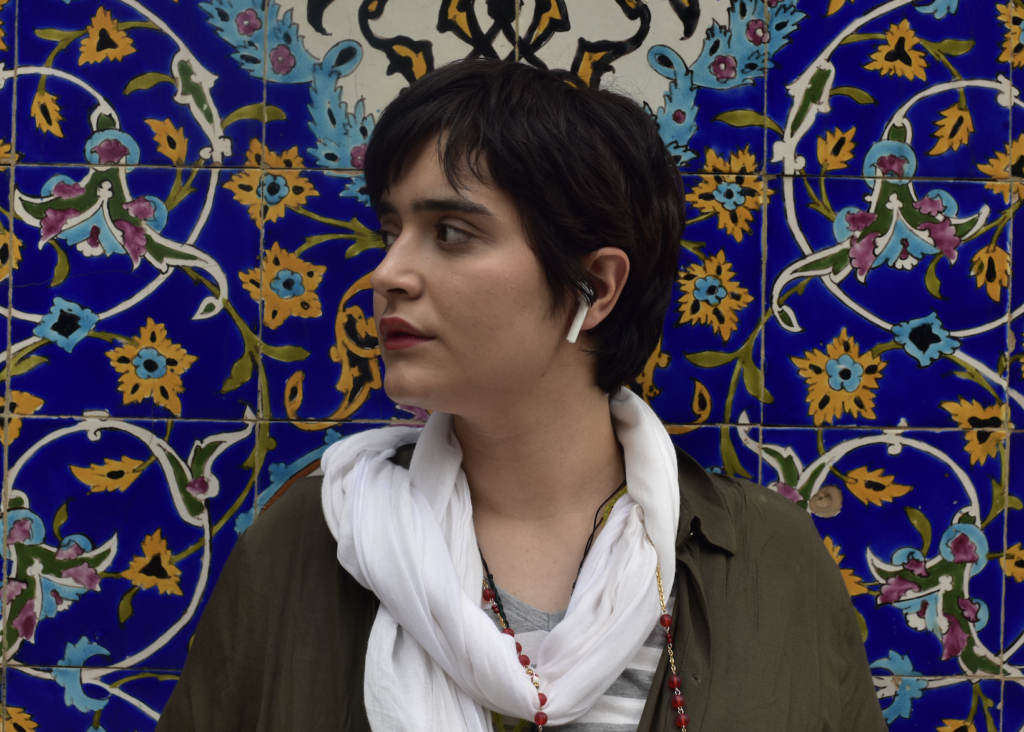
Hosna Banihabib, a master’s student, delves into the environmental and social impacts of hydroelectric dam projects on Indigenous communities in Northern Manitoba. Growing up with a deep connection to her Azari heritage, Hosna has always been fascinated by traditional healing mechanisms and plant-based medicines, which are integral to her cultural background. In Azari culture, traditional healing practices are deeply rooted in the use of natural remedies and holistic approaches to health. This includes the use of various herbs, plants, and natural resources that have been passed down through generations. Elders in Azari communities often possess extensive knowledge of these natural remedies, which are used to treat a wide range of ailments and promote overall well-being. Hosna’s journey began in Iran, where she earned a bachelor’s degree in urban engineering from the University of Tehran.
Learn more about Hosna Banihabib
Her passion for addressing complex environmental challenges led her to Canada, where she is now guided by Professor Stephane McLachlan in the Environmental Conservation Lab. Here, she collaborates on projects that integrate Indigenous knowledge systems and traditional land-based healing practices. Hosna’s perspective, rooted in her cultural background and personal experiences, enriches her work and aims to create a respectful and insightful understanding of the environmental challenges faced by Indigenous communities. Her Azari heritage and its emphasis on natural healing resonate deeply with the traditional knowledge she encounters in her research, allowing her to bridge cultural gaps and foster mutual understanding. Her future research will stand out for its community-based participatory approach, which places Indigenous voices at the heart of the process. Through her work, Hosna has formed meaningful connections with Indigenous healers, learning about their practices and the profound relationship they have with the environment.
Jeremy Mumford, ECL Researcher
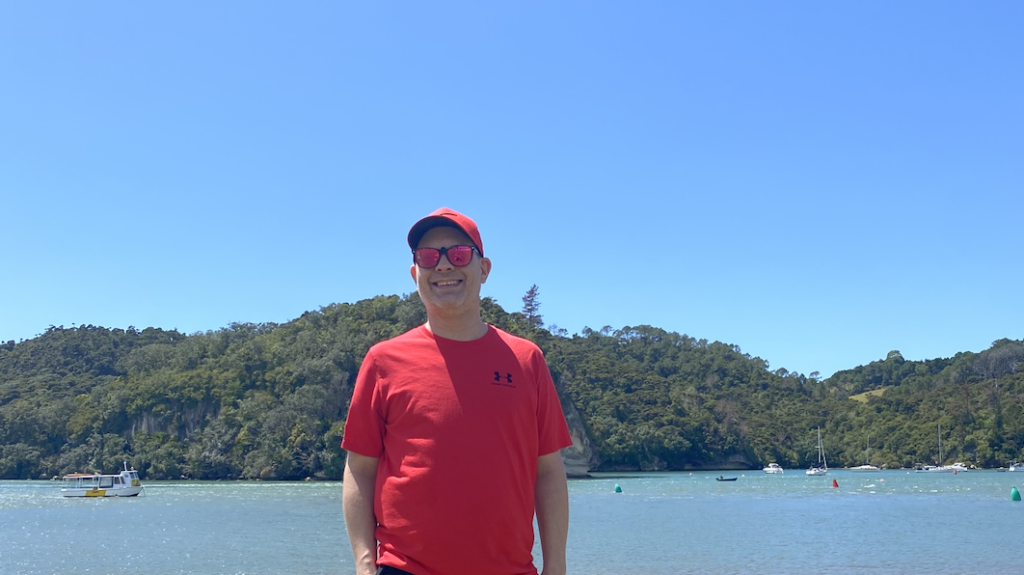
Jeremy Mumford is the newest member of the Environmental Conservation Lab, and a dedicated environmental advocate with a robust background in ecological conservation and environmental protection. Armed with a Bachelor’s degree in Environmental Studies, focused in environmental assessment from the University of Manitoba, Jeremy has honed his expertise in assessment protocols, resource management, and sustainable practices. His academic and professional journey reflects a deep-seated commitment to preserving natural habitats and addressing the environmental challenges that impact communities.
Jeremy’s passion for environmental protection is deeply intertwined with his advocacy for social justice, particularly for inclusivity and the rights of minority groups.
Klara Gagnon, ECL Researcher
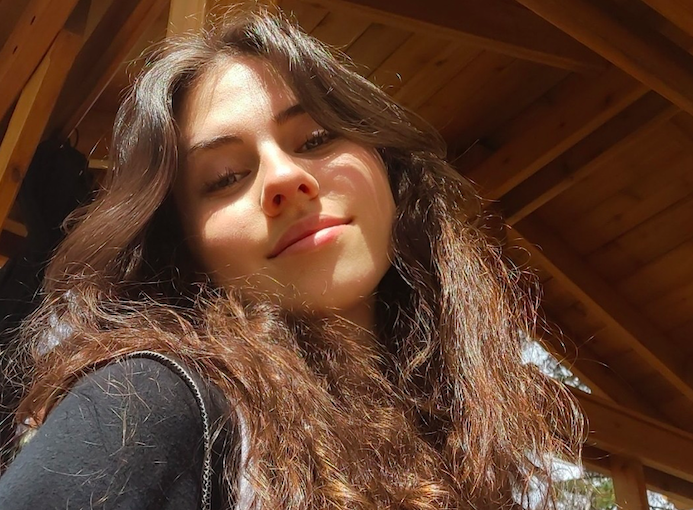
Klara is an undergraduate student currently completing an undergraduate honours degree in environmental science with a focus in stewardship. She is passionate about environmental education, ecosystem management, and conservation, and aspires to collaborate in research that benefits the livelihoods of local communities and their environment, in ways that can foster solution-building and community healing.
Through her past experience in environmental education, Klara has gained an appreciation for the value of learning in building and sharing narratives that prioritize wellbeing, as well as fostering a greater appreciation for all living things. During her time at the ECL, she has engaged in making environmental learning more accessible, working closely with French-speaking communities to help equip youth with an understanding of community-based environmental monitoring and citizen science tools.
Past Student Profiles
Alexandra Curran

Alexandra Curran is a recent Master of Environment graduate from the University of Manitoba. Her passions include environmental justice and the role of storytelling and strength-based perspectives in decolonial research, which is reflected in her master’s thesis (link coming soon).
As a settler researcher, she is dedicated to continuously learning more about working in good ways with Indigenous communities and fostering relationships of kindness and respect.
